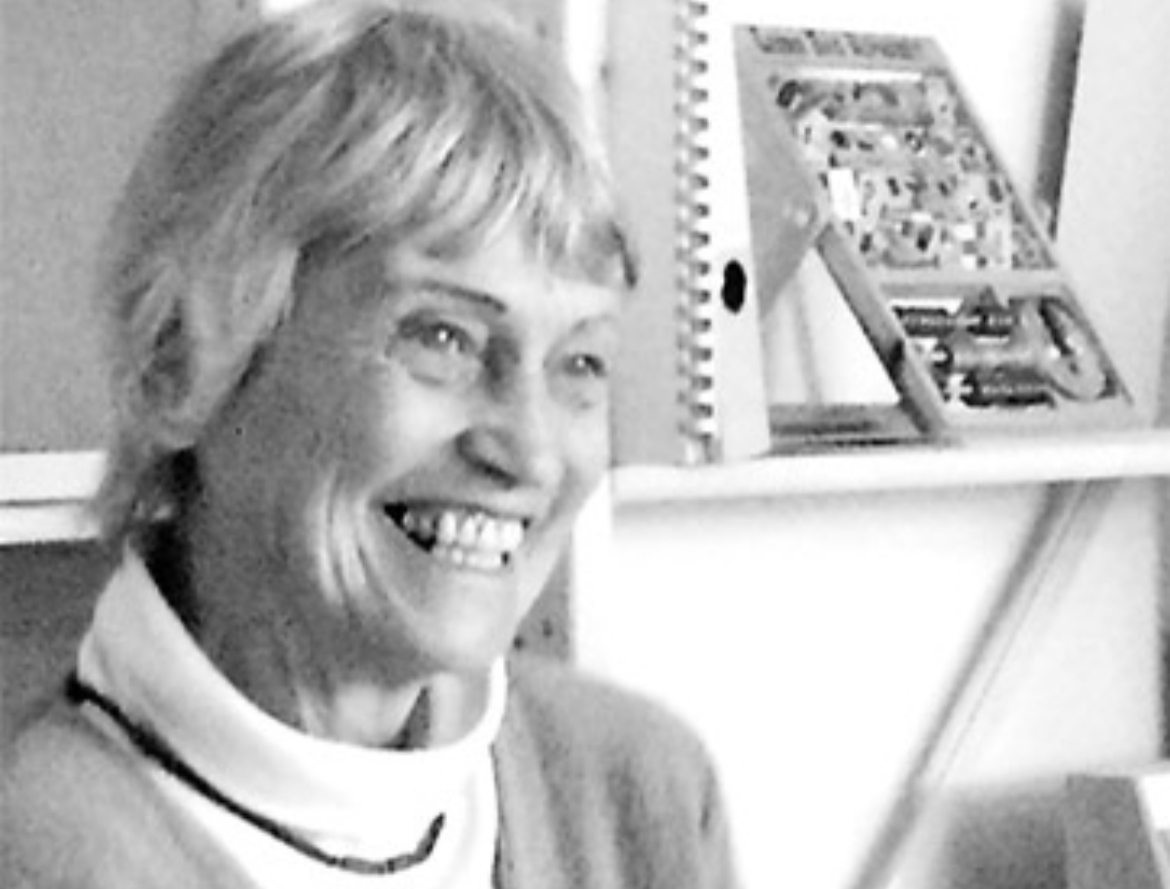Rebeca Wild, a notable German educator and author, was born in Berlin, Germany, in 1939 and later made Ecuador her home until her passing in 2015. In 1961, Rebeca Wild embarked on a transformative journey to Ecuador, where she would go on to make an enduring impact on the field of education. In 1977, alongside her husband Mauricio Wild, she founded the Pestalozzi Educational Center, a tribute to the Swiss pedagogue Johannes Heinrich Pestalozzi, underscoring their commitment to innovative educational methods. Her significant contributions revolved around pioneering pedagogical approaches, a theme evident in her books, including, “Raising Curious, Creative, Confident Kids: The Pestalozzi Experiment in Child-Based Education” (2000).
Introduction
Rebeca Wild, born in Berlin in 1939 and later residing in Tumbaco, Ecuador, until her passing on October 31, 2015, was a prominent figure in the fields of philology and music education. Her journey from Germany to Ecuador marked the beginning of an extraordinary life dedicated to innovative pedagogy. In this essay, we will explore her life, her contributions to education, and her written works.
Early Life and Education
Rebeca Wild’s educational journey took her across continents. She pursued studies in German philology, music pedagogy, and Montessori education in Munich, New York, and Puerto Rico. Her diverse academic background provided her with a unique perspective that would shape her future work in education.
The Founding of the Pestalozzi Educational Center
In 1961, Rebeca Wild relocated to Ecuador, where she would leave an indelible mark on the field of education. In 1977, she, along with her husband Mauricio Wild, founded the Pestalozzi Educational Center. The name was a tribute to the Swiss pedagogue Johannes Heinrich Pestalozzi, reflecting their commitment to pioneering educational methods.
The Pestalozzi Educational Center emerged as a response to their son’s educational challenges, who had initially been educated using Montessori, Piaget, and Pestalozzi principles. In parallel, they established a community known as “El león dormido” (The Sleeping Lion), where parents actively participated in their children’s educational spaces, fostering interaction and experiential learning for both children and adults.
Educational Philosophy
Rebeca Wild’s pedagogical approach centered on the interaction between students and their environment. She believed that humans possessed innate tools for perceiving and interpreting the world and making independent decisions. Her philosophy encouraged students to develop their roles, capacities, and skills through experimentation and exploration.
The Pestalozzi Educational Center encompassed three educational levels: kindergarten, primary school, and lifelong learning, illustrating their commitment to holistic education.
Stages of Human Development
Wild’s educational philosophy extended to her understanding of human development. She classified the stages of human development as follows:
- Prenatal Stage: Positive experiences during this stage fostered the bond between parents and children.
- Early Childhood (0-3 years): Rebeca emphasized the importance of physical contact and calm attention in nurturing a child’s independence. She advocated for not immediately attending to a crying child, as it could promote external solutions to problems.
- Preoperational Stage (3-7/8 years): As children gained autonomy, they might exhibit fear or hesitation towards activities they once performed effortlessly. Wild viewed this behavior as an unconscious effort to restructure previous experiences.
- Operational Stage (7/8-13/14 years): This period represented a new phase in life, demanding adults’ efforts to create an environment in harmony with the sensitive needs of adolescents.
- Adolescence and Transition to Adulthood (13-24 years): Understanding the biological changes occurring within adolescents was crucial for adults to foster healthy relationships and behaviors.
- Adult Development Stage: Wild believed that adults should seek conditions that facilitate spontaneous activities and creativity, thus unlocking their full potential and enriching their connection with life.
Literary Contributions
Rebeca Wild’s ideas and teachings were not confined to her educational center; she also shared her insights through written works. Some of her notable books include:
- Libertad y Límites: Amor y Respeto (2006)
- La Vida en una Escuela no Directiva: Diálogos entre Jóvenes y Adultos (2009)
- Educar para Ser: Vivencias de una Escuela Activa (2011)
- Aprender a Vivir con Niños (2016)
- Etapas del Desarrollo (2016)
These books offer valuable guidance to parents, educators, and anyone interested in alternative education and child development.
Conclusion
Rebeca Wild’s legacy extends far beyond her native Germany and her adopted home in Ecuador. Her pioneering work in education and her written contributions have left an enduring impact on how we understand child development and learning. Rebeca Wild’s dedication to nurturing the potential within every child continues to inspire educators and parents worldwide, making her a revered figure in the field of education.

